Apple, Samsung, and Sony accused of child labour links
Amnesty International report claims children as young as seven are working in life-threatening conditions
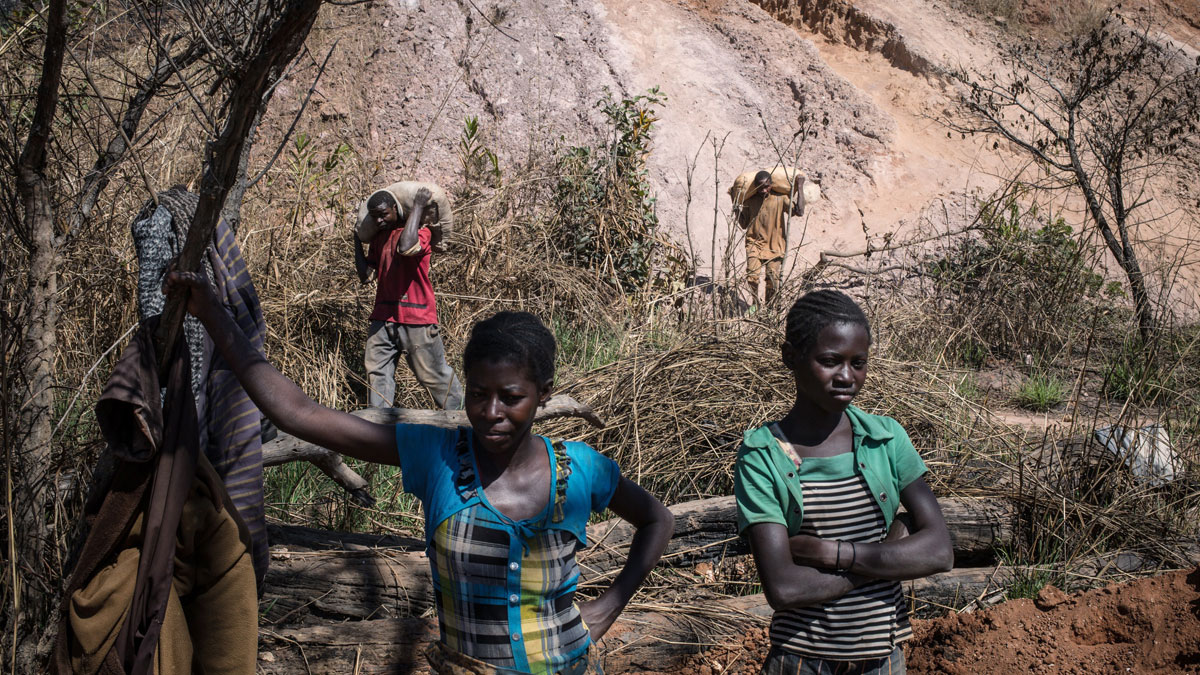
A free daily email with the biggest news stories of the day – and the best features from TheWeek.com
You are now subscribed
Your newsletter sign-up was successful
Amnesty International has accused several electronics manufacturers, including tech giants Apple, Samsung and Sony, of failing to conduct basic checks over the use of child workers in mining the minerals needed to make batteries for their devices.
The human rights agency's report says children as young as seven in the Democratic Republic of the Congo (DRC) are mining cobalt for their products. The mineral is used in the manufacture of lithium-ion batteries and also electric cars
The DRC produces up to 50 per cent of the world's cobalt supply. The report, which contains testimonies from children said to have worked in the country's mines, claims 80 miners died underground between September 2014 and December 2015.
The Week
Escape your echo chamber. Get the facts behind the news, plus analysis from multiple perspectives.

Sign up for The Week's Free Newsletters
From our morning news briefing to a weekly Good News Newsletter, get the best of The Week delivered directly to your inbox.
From our morning news briefing to a weekly Good News Newsletter, get the best of The Week delivered directly to your inbox.
The BBC adds that around 40,000 young people could be working in DRC mines according to the children's charity Unicef.
In response, Apple told the broadcaster: "Underage labour is never tolerated in our supply chain and we are proud to have led the industry in pioneering new safeguards."
In addition, it stressed its rigorous audits of the supply chain to ensure that components linked to child labour do not make their way into their products and that suppliers using underage workers are forced to finance an education for any children they hire, continue to pay their wages and offer them a job once they reach the legal age to work.
Samsung also said it had a "zero tolerance policy" towards child labour and that it terminates any contracts with suppliers if they are found to use children, while Sony said it was working with suppliers to "address issues related to human rights and labour conditions."
A free daily email with the biggest news stories of the day – and the best features from TheWeek.com
AppleInsider highlights that under US standards, cobalt is not regarded a "conflict mineral" - meaning companies are not obliged to publish supply chain reports and are left to police the market themselves.
The Amnesty report says cobalt traders in the DRC buy "from areas where child labour is rife and sell it to Congo Dongfang Mining (CDM), a wholly-owned subsidiary of Chinese mineral giant Zhejiang Huayou Cobalt Ltd (Huayou Cobalt)".
They claim the cobalt is then processed and sold to three battery component manufacturers in China and South Korea, who sell to battery makers supplying household name electronics and car manufacturers.
Several other companies are named as having possible links to the DRC-mined mineral, including car brands Mercedes (as Daimler) and Volkswagen.
The organisation contacted 16 multinationals listed as customers of batteries with links to ore from Huayou Cobalt. One admitted the link, while the rest said they were unsure, would investigate the claims or issued a denial.
Huayou Cobalt has responded to the allegations, reports The Guardian, and said: “Our company has not been aware that any of our legitimate suppliers has hired child labour in their mining sites or operated in unsafe working conditions… CDM has rigorously selected its ore suppliers to ensure the procurement of raw materials through legitimate channels”.
They newspaper adds that Amnesty hopes the report will create more transparency within the supply chains of large multinational technology corporations.
-
 6 of the world’s most accessible destinations
6 of the world’s most accessible destinationsThe Week Recommends Experience all of Berlin, Singapore and Sydney
-
 How the FCC’s ‘equal time’ rule works
How the FCC’s ‘equal time’ rule worksIn the Spotlight The law is at the heart of the Colbert-CBS conflict
-
 What is the endgame in the DHS shutdown?
What is the endgame in the DHS shutdown?Today’s Big Question Democrats want to rein in ICE’s immigration crackdown
-
 Will AI kill the smartphone?
Will AI kill the smartphone?In The Spotlight OpenAI and Meta want to unseat the ‘Lennon and McCartney’ of the gadget era
-
 Is Apple’s Tim Cook about to retire?
Is Apple’s Tim Cook about to retire?Today's Big Question A departure could come early next year
-
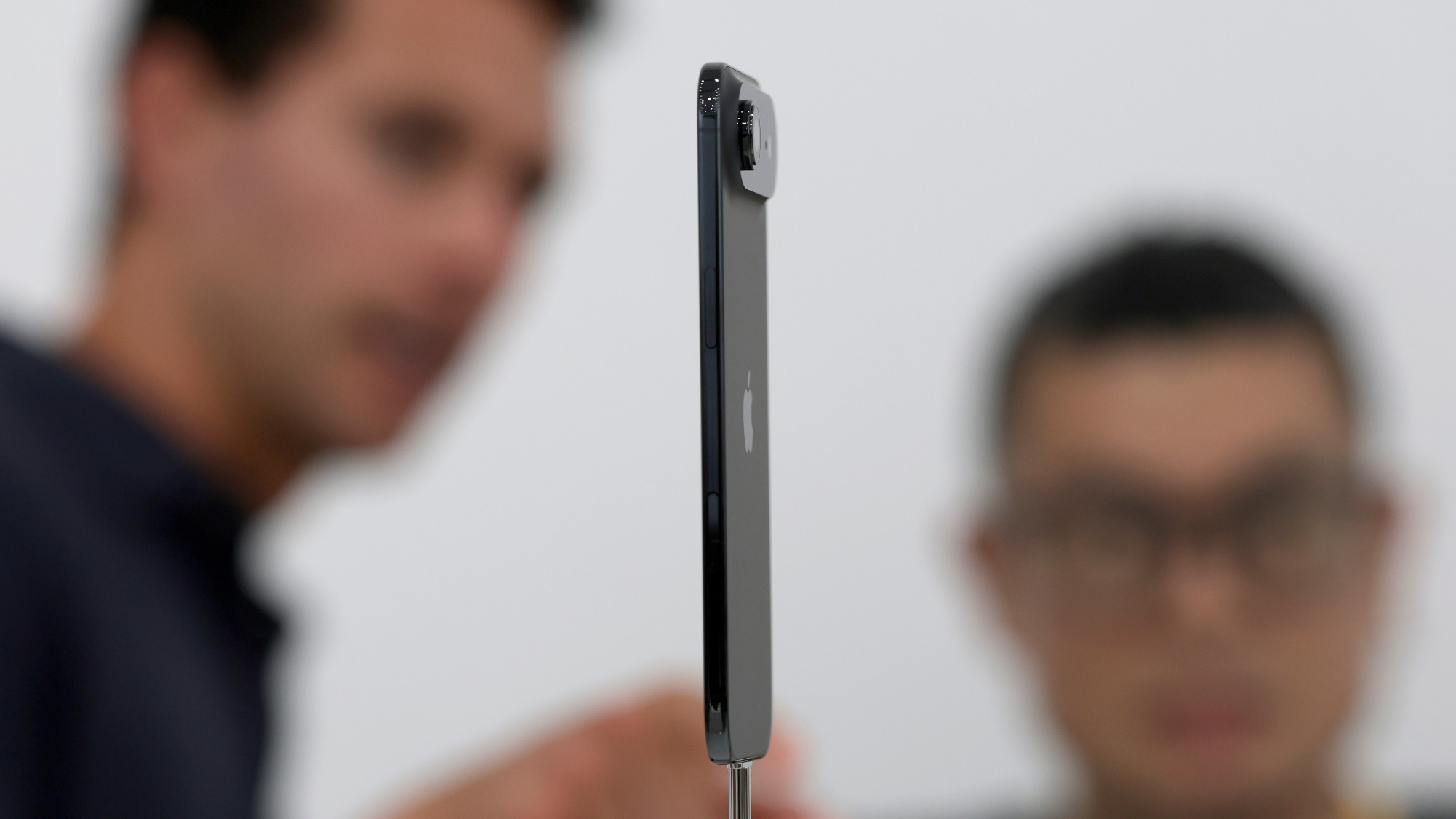 iPhone Air: Thinness comes at a high price
iPhone Air: Thinness comes at a high priceFeature Apple’s new iPhone is its thinnest yet but is it worth the higher price and weaker battery life?
-
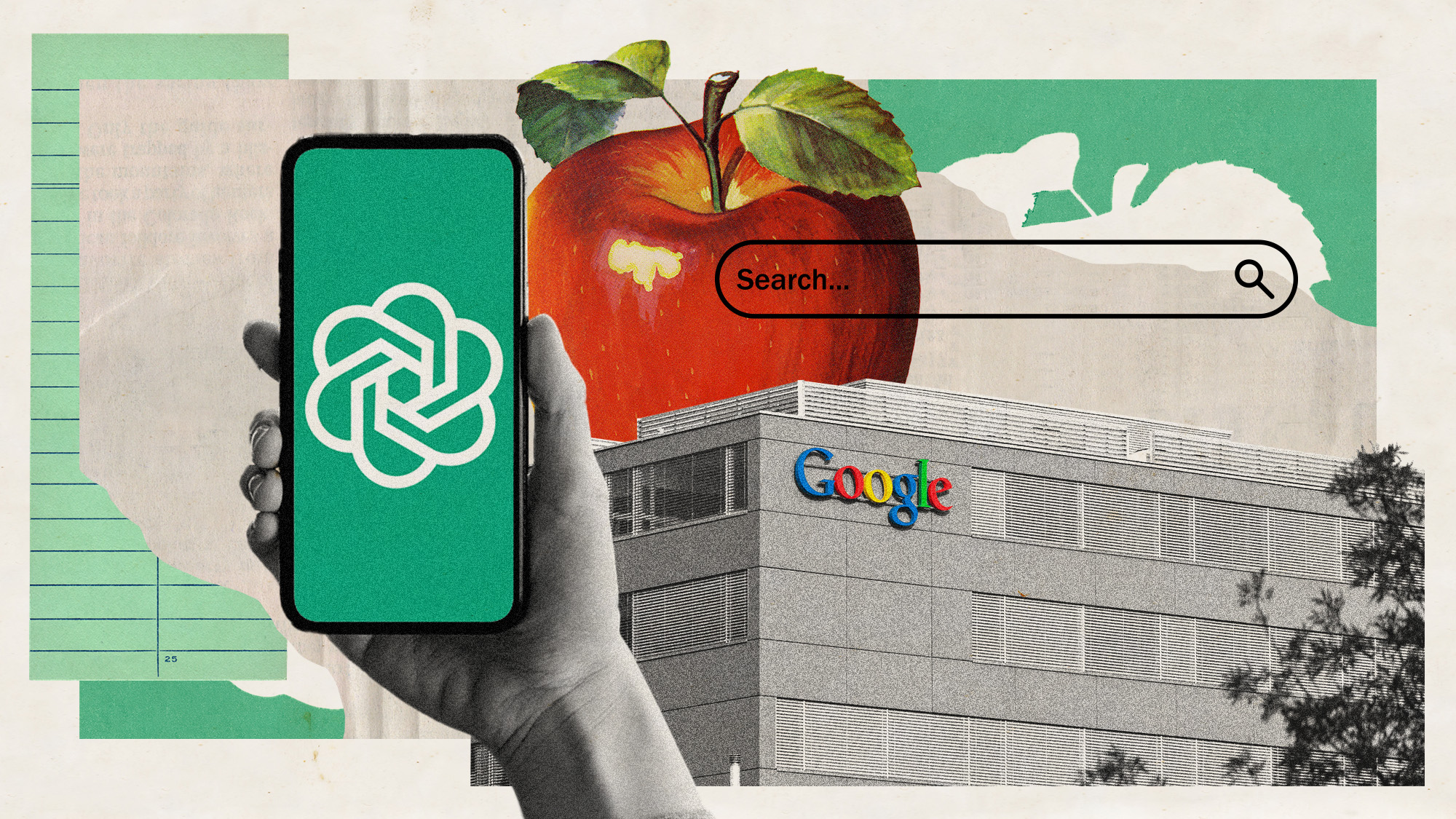 Is Apple breaking up with Google?
Is Apple breaking up with Google?Today's Big Question Google is the default search engine in the Safari browser. The emergence of artificial intelligence could change that.
-
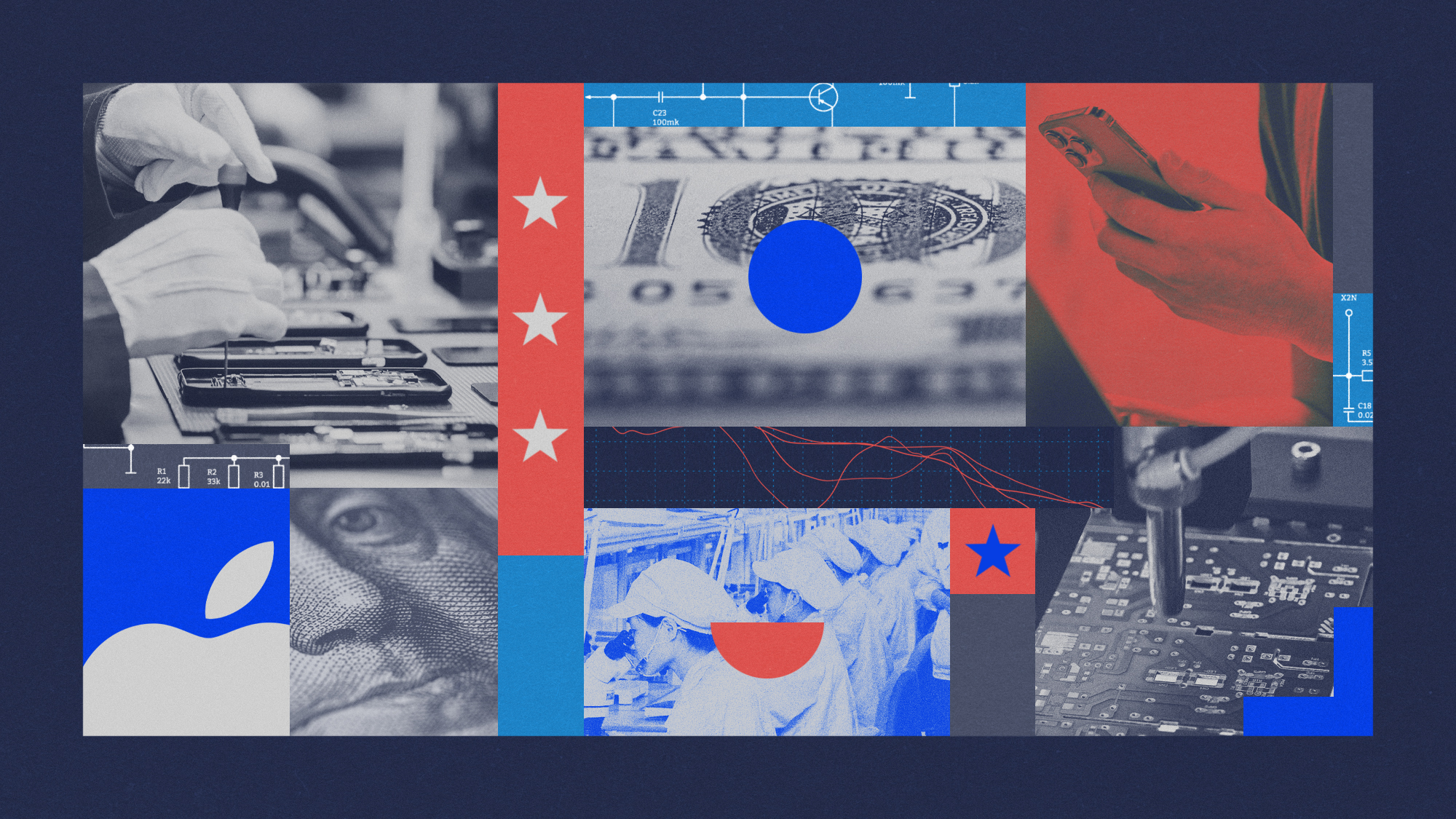 Why won't Apple make iPhones in America?
Why won't Apple make iPhones in America?Today's Big Question Trump offers a reprieve on tariffs, for now
-
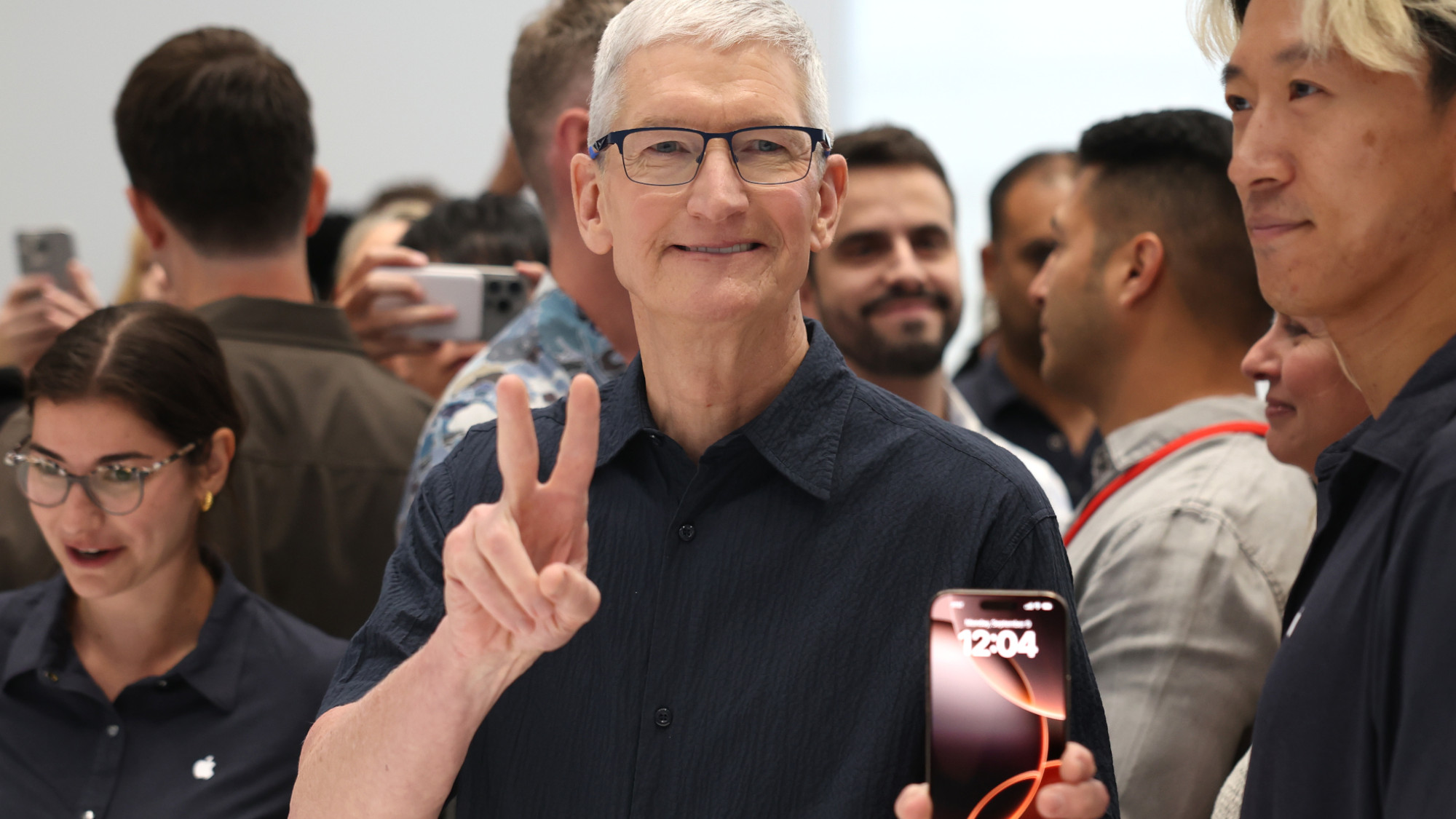 Not there yet: The frustrations of the pocket AI
Not there yet: The frustrations of the pocket AIFeature Apple rushes to roll out its ‘Apple Intelligence’ features but fails to deliver on promises
-
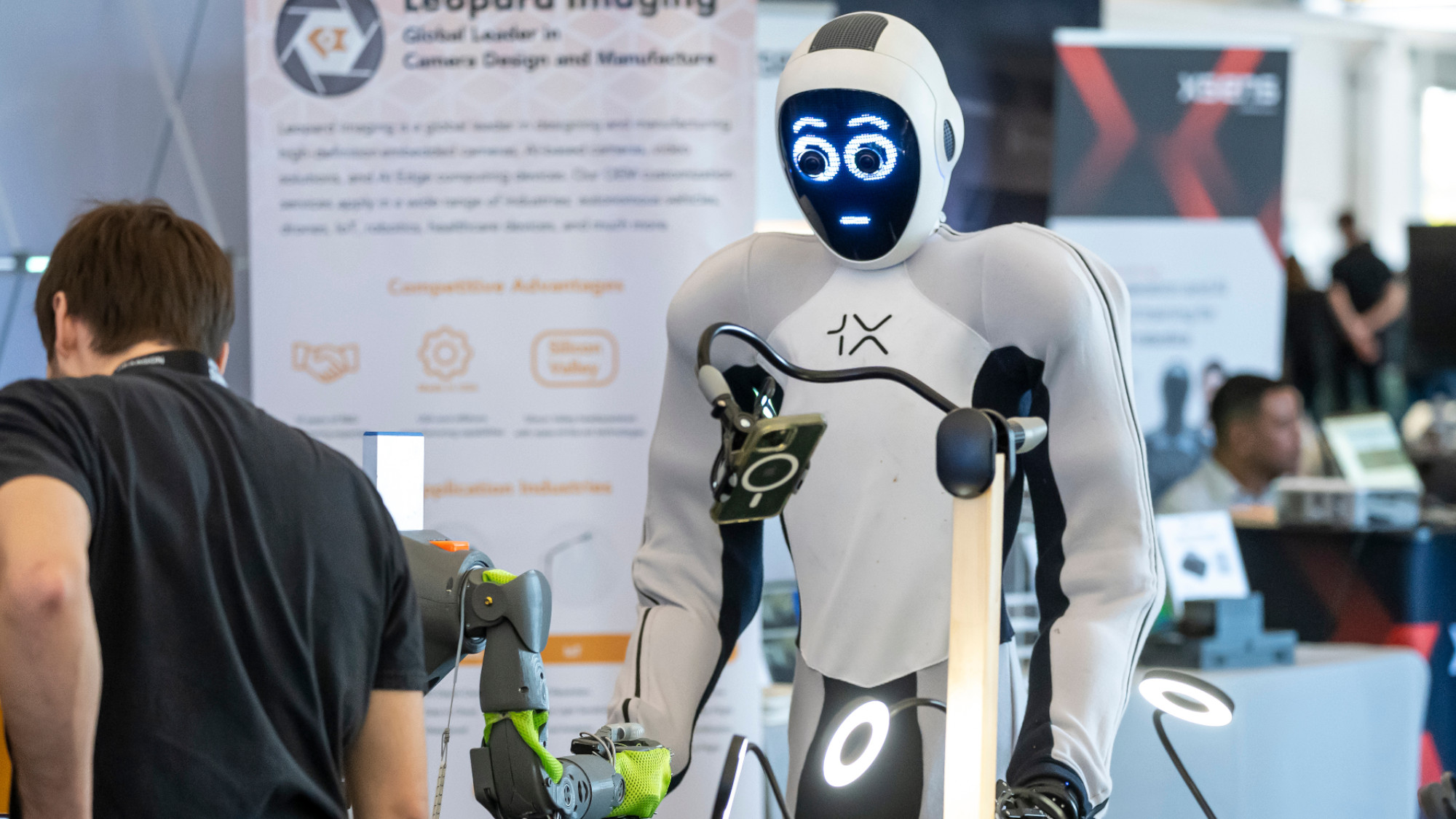 Space-age living: The race for robot servants
Space-age living: The race for robot servantsFeature Meta and Apple compete to bring humanoid robots to market
-
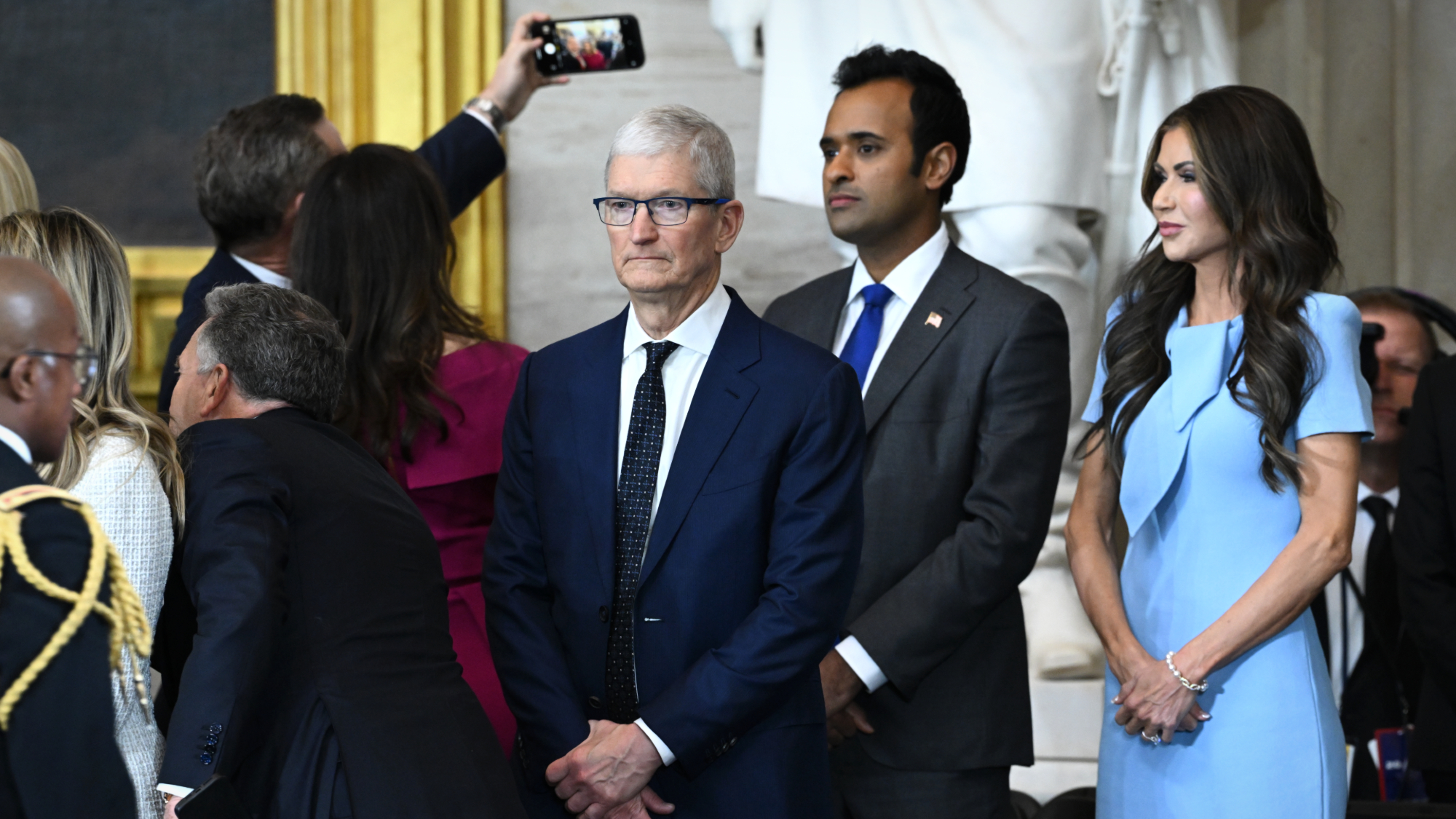 Apple pledges $500B in US spending over 4 years
Apple pledges $500B in US spending over 4 yearsSpeed Read This is a win for Trump, who has pushed to move manufacturing back to the US